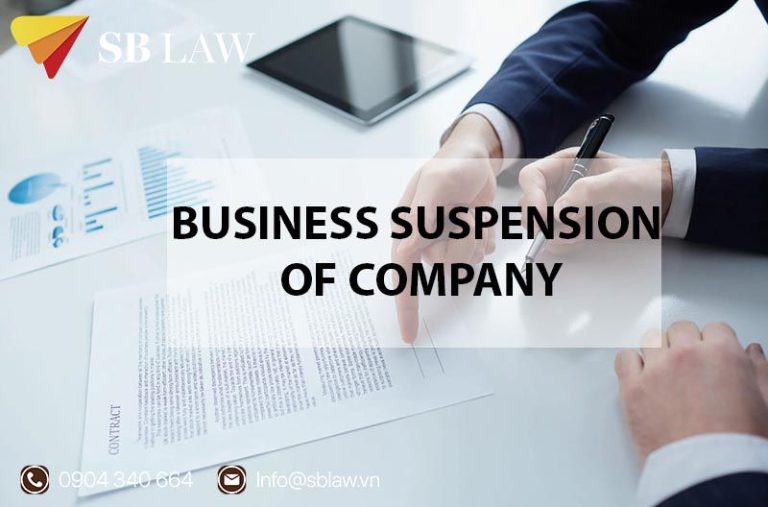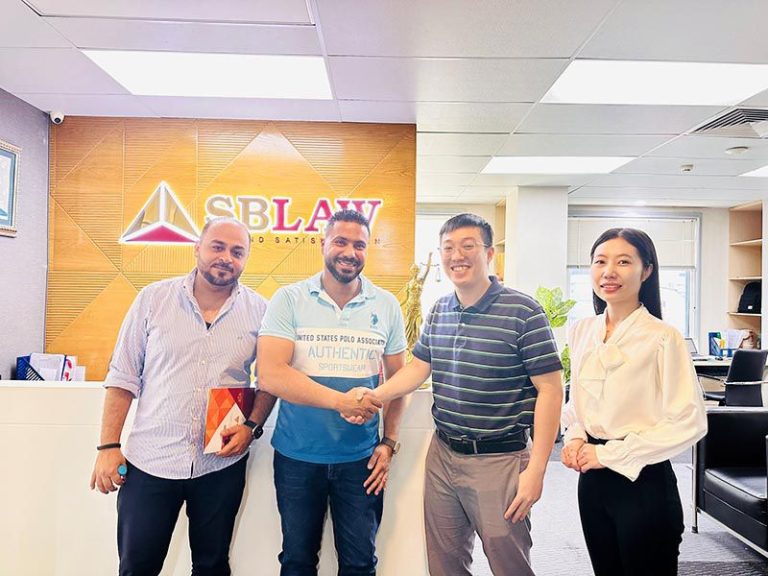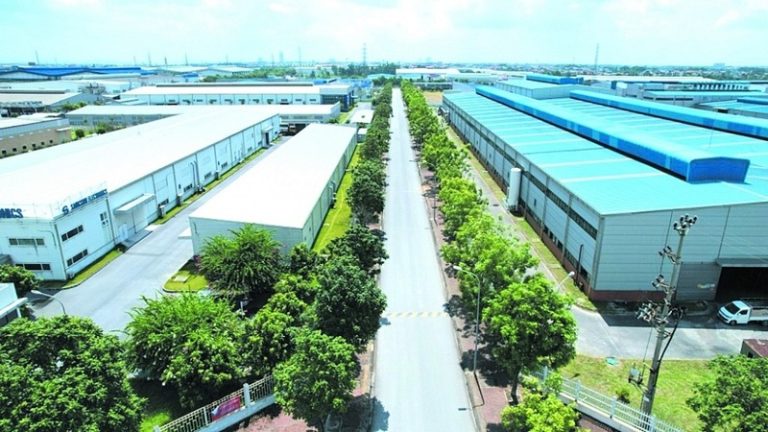Land use rights and certificates of land use rights and ownership of houses and other land-attached assets (“Certificates”)
- What are the Certificates?
They are documents issued by the State evidencing the lawful right to use land and to own assets (such as houses and buildings) attached to the land.
- How the Certificates concerning apartment buildings are granted?
As regards the Certificates concerning apartment buildings:
2.1. The developers shall be granted the Certificates for the land area under the projects according to the following provisions:
a) Developers are granted the Certificates for any area of land to build apartment buildings and related infrastructure facilities (including buildings for commercial purposes). Such approval will be based on an approved detailed master plans;
b) A Certificate will not be issued for any area of land used for roads and other infrastructure not related to the apartment project. This includes facilities serving people living in and outside the apartment project not used by the developer for the provision of services to the apartment project (“Area 1”).
2.2. Apartment owners will be granted Certificates in respect of land which is for the use of all apartment owners in common (“Area 2”).
2.3. The developer Certificates will be adjusted as and when the common area Certificates are issued for Area 2.
- How can the foreign-invested companies in Vietnam obtain the land use right?
Foreign-invested companies can obtain the land use rights by way of
3.1. land allocation from the State with land use levy;
3.2. land leased directly from the State with annual land rental or full one-off rental for the entire lease period;
3.3. land lease or land sublease from permitted landlords according to prevailing laws.
Land Allocation
- For which purposes can the foreign-invested companies use land under the form of land allocation with land use levy?
Investment projects for the construction of houses for sale or for a combination of sale and lease.
- How long is the term for land allocation?
The determination of the term will be based on the scope and duration of the project. However it cannot exceed 50 years (and 70 years in special circumstances).
The term may be renewed at the discretion of the State.
The term for land allocation will commence on the date the decision on land allocation is issued by the competent State agency.
- What are rights and obligations of foreign-invested companies to the land allocated?
Foreign-invested enterprises that are allocated land with land use levy to implement projects have the following rights and obligations (in addition to the general rights and obligations of land users):
6.1. to transfer land use rights and land-attached assets under their ownership during the land use term;
6.2. to lease land use rights and land-attached assets under their ownership within the land use term;
6.3. to mortgage land use rights and land-attached assets under their ownership at credit institutions which are licensed to operate in Vietnam within the land use term;
6.4. to contribute land use rights and land-attached assets under their ownership as capital for cooperation in production and business within the land use term.
The above rights are applicable even if the foreign-invested enterprises are entitled to exemption from or reduction of land use levies.
Land Lease
- What categories of foreign-invested companies may lease land to implement projects?
Foreign-invested companies can lease land directly from the State with the form of annual land rental or full one-off rental for the entire lease period.
Foreign-invested companies can also lease and sublease land from the following permitted developers in accordance with the laws:
7.1. Organizations, including:
a) Economic organizations that are allocated land with land use levy by the State, or leased land with full one-off rental payment for the entire lease period;
b) Self-financed public non-business organizations leasing land with full one-off rental payment for the entire lease period from the State and for which the paid rental does not originate from the state budget;
c) Economic organizations or public non-business organizations using leased land from the State with annual land rental;
d) Economic organizations acquiring the land use rights, including the agricultural land use rights;
e) Economic organizations which are approved by competent state agencies to change the land use purpose;
f) Economic organizations that receive land use rights as contributed capital from households, individuals or other economic organizations;
7.2. Economic organizations that are leased land for construction of underground facilities;
7.3. Overseas Vietnamese, including:
a) Overseas Vietnamese investing in Vietnam who are allocated land with land use levy or leased land with full one-off rental payment for the entire lease period by the State;
b) Overseas Vietnamese whoacquire land use rights in industrial parks, industrial clusters, export processing zones, hi-tech zones or economic zones;
c) Overseas Vietnamese leasing or subleasing land in industrial parks, industrial clusters, export processing zones, hi-tech zones or economic zones;
d) Overseas Vietnamese investing in the construction of underground facilities and leasing land with full one-off rental payment for the entire lease period.
7.4. Foreign-invested companies, including:
a) Foreign-invested companies that lease land from the State with full one-off rental payment for the entire lease period or are allocated land with land use levy to implement projects in Vietnam;
b) Foreign-invested companies using land formed through the purchase of shares of Vietnamese enterprises by the foreign investors;
c) Foreign-invested companies leasing or subleasing land in industrial parks, industrial clusters, export processing zones, hi-tech zones or economic zones;
d) Foreign-invested enterprises investing in the construction of underground facilities and leasing land with full one-off rental payment for the entire lease period.
7.5. Joint ventures.
- How long is the lease term?
The term granted is at the discretion of the authorities based on the scope of the investment projects. The maximum term is 50 years. A term of up to 70 years may be granted in special circumstances. Extension is at the discretion of the State.
The term for land lease will commence on the date the decision of land lease is issued by the competent state agency.
- What are rights of foreign-invested companies to the leased land?
The current contents regarding the rights of foreign-invested companies to the land leased in this part are still applicable.
As regards the contents on the sale and the lease of houses in Vietnam, please refer to part G.4 below for detailed information.
Other matters in relation to land use rights
Land prices
- How are the land price ranges determined?
The Government shall determine land price ranges once every 5 years for each type of land and for each region. During the implementation of land price ranges, if the market price increases 20% or more over the maximum price or reduces 20% or more below the minimum price prescribed in land price ranges, the Government shall adjust land price ranges accordingly.
- How the land price tables are issued?
Based on the land price ranges and the principles of land valuation, methods of land valuation, the land price tables shall be issued once every 5 years and published on January 01 of every year by the provincial People’s Committee.
The land price tables shall be used for calculation of
(i) land use levy;
(ii) land use tax;
(iii) charges and fees in land management and use;
(iv) fines for administrative violations in the field of land;
(v) compensation to the State for damage caused in land management and use;
(vi) valuation of land use rights.
- How the specific land prices are decided?
The provincial agency on land management shall assist the provincial People’s Committee in the determination of specific land prices. The provincial People’s Committees shall thereafter decide on specific land prices which shall be used for calculation of:
(i) land use levy;
(ii) land rental;
(iii) valuation of land use rights;
(iv) compensation when State recovers land.
Notarization of Land Contracts
- Which contracts require notarization or certification?
Contracts on transfer, donation, mortgage or contribution as capital of land use rights, and land use rights with land-attached assets, must be notarized or certified accordingly. The following types of contracts need not be notarized or may be notarized at the request of the parties: contracts in which one party or all parties involved in the transaction is/are a real estate business organization or organizations (i.e. contracts on lease or sublease of land use rights, and land use rights with land-attached assets; contracts on exchange of agricultural land use rights; contracts on transfer of land use rights, and land use rights with land-attached assets).
Apartments owned by foreign individuals/organizations
- Who are eligible for being owners of residential houses in Vietnam?
14.1. Foreign individuals/organizations who invest in project-based housing construction in Vietnam.
14.2. Foreign organizations include
a) foreign-invested enterprises in Vietnam;
b) branches and representative offices of foreign enterprises in Vietnam; and
c) foreign-invested funds and branches of foreign banks in Vietnam.
14.3. Foreign individuals who are allowed to enter Vietnam.
- What are the criteria for foreign individuals/organizations to own residential houses in Vietnam?
Foreign individuals/organizations shall own residential houses in Vietnam if they
15.1. invest in project-based housing construction in Vietnam;
15.2. buy, rent and purchase, receive, or inherit commercial housing including apartments and separate houses in the project for housing construction (“Housing Transactions”), except for areas under management relating to national defense and security as prescribed in regulations of the Government. In this case:
a) foreign individuals will be eligible for homeownership as agreed in the Housing Transactions, but not more than 50 years from the day on which they are granted the Certificates; they may be also granted extension as prescribed in regulations of the Government; where a foreign individual marries a Vietnamese citizen or an overseas Vietnamese, he/she qualifies for long-term homeownership;
b) foreign organizations will be eligible for the homeownership as agreed in the Housing Transactions, but not longer than the duration stated in their Investment Registration Certificates, including extension duration; duration of the homeownership shall be determined from the day on which the foreign organizations are granted the Certificates.
- What are the conditions for ownership of residential houses in Vietnam?
16.1. The applicable conditions for foreign individuals/organizations referred to in paragraph 14.1 are: (i) have an Investment Registration Certificate; and (ii) the houses are built under the approved projects.
16.2. The applicable conditions for foreign organizations referred to in paragraph 14.2 is: have an Investment Registration Certificate or a Permission to run its business in Vietnam issued by the competent authorities in Vietnam.
The applicable conditions for foreign individuals referred to in paragraph 14.3 are: (i) have a permission to enter Vietnam; and (ii) he/she is not a diplomat and granted diplomatic immunity and privileges.
Source: https://dautunuocngoai.gov.vn/news/127/Foreigner-Land-Lease-Acquisition/en




